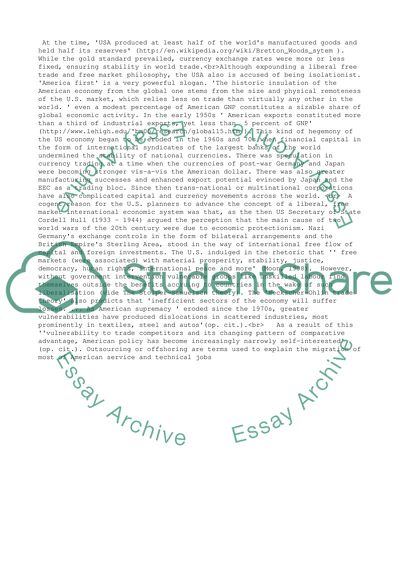Cite this document
(A Liberal Free Trade and Free-Market Philosophy Essay Example | Topics and Well Written Essays - 3000 words, n.d.)
A Liberal Free Trade and Free-Market Philosophy Essay Example | Topics and Well Written Essays - 3000 words. https://studentshare.org/business/1507770-a-liberal-free-trade-and-free-market-philosophy
A Liberal Free Trade and Free-Market Philosophy Essay Example | Topics and Well Written Essays - 3000 words. https://studentshare.org/business/1507770-a-liberal-free-trade-and-free-market-philosophy
(A Liberal Free Trade and Free-Market Philosophy Essay Example | Topics and Well Written Essays - 3000 Words)
A Liberal Free Trade and Free-Market Philosophy Essay Example | Topics and Well Written Essays - 3000 Words. https://studentshare.org/business/1507770-a-liberal-free-trade-and-free-market-philosophy.
A Liberal Free Trade and Free-Market Philosophy Essay Example | Topics and Well Written Essays - 3000 Words. https://studentshare.org/business/1507770-a-liberal-free-trade-and-free-market-philosophy.
“A Liberal Free Trade and Free-Market Philosophy Essay Example | Topics and Well Written Essays - 3000 Words”. https://studentshare.org/business/1507770-a-liberal-free-trade-and-free-market-philosophy.


